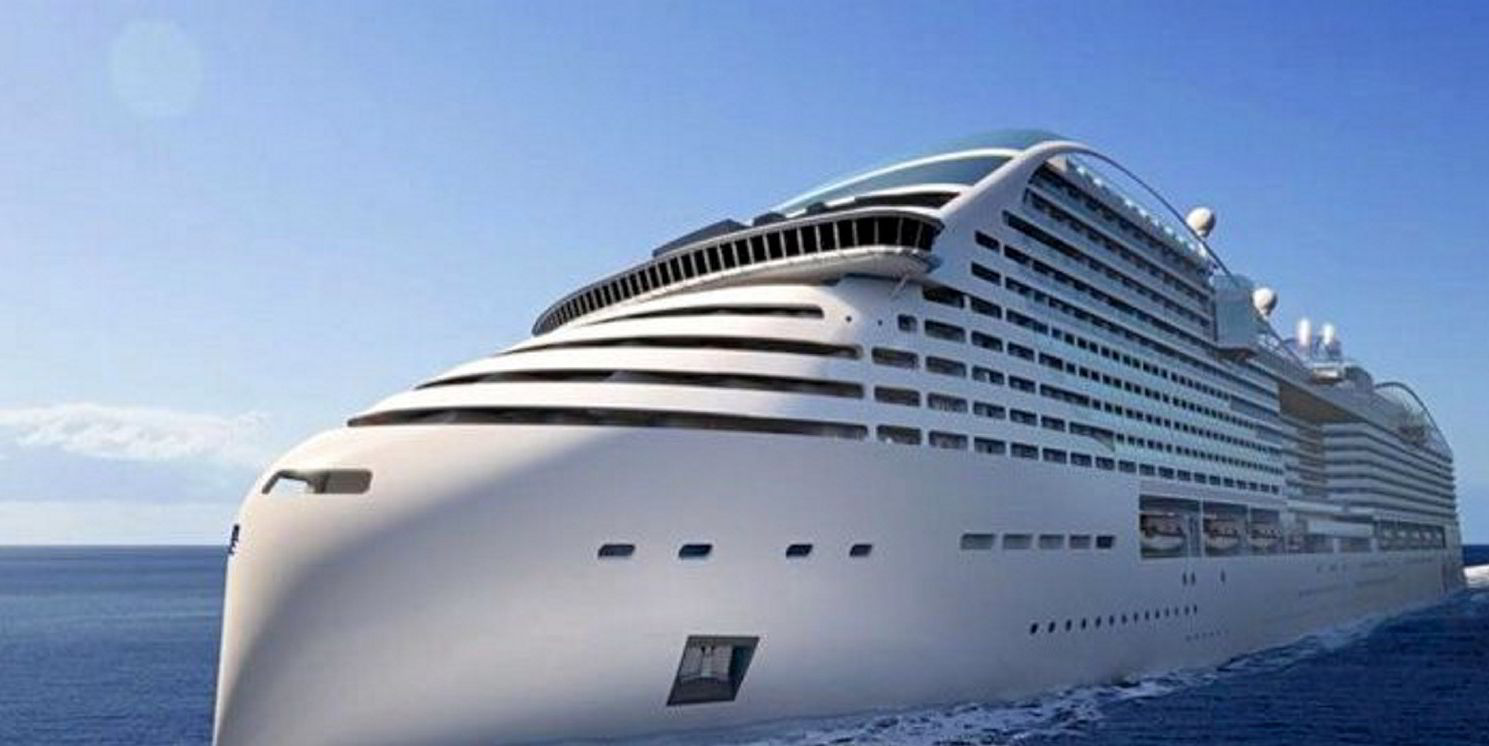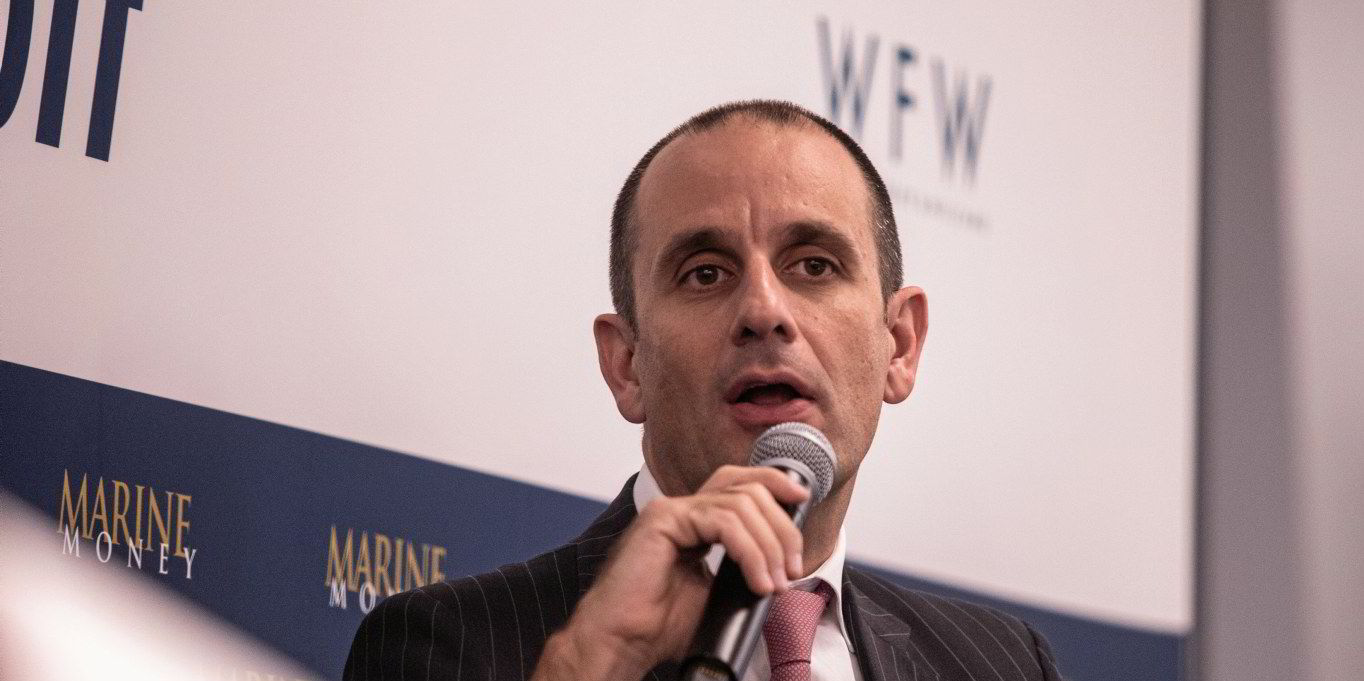A senior banker has called on shipping industry participants to share decarbonisation costs across the supply chain rather than give grand speeches on their environmental credentials.
Watson Farley & Williams found neither traditional banks nor shipowners are particularly keen on funding the new investments required to cut carbon emissions after quizzing 545 maritime stakeholders recently.
In a webinar held by the law firm on Wednesday, DNB Bank global shipping head Christos Tsakonas described the funding issue as “the big elephant in the room”.
“Who is going to actually put money on the table to make this change happen? That's really, you know, a very, very big question,” Tsakonas said.
When it comes to financing new, low-carbon fuel projects such as ammonia-powered tankers, Tsakonas said it would not be a matter of “picking up the phone, calling your bank, and asking for 70% financing”.
“That's not the way these projects are going to be funded," he said. "I mean, people need to put the hands in their pockets, and that includes the yards [and] the charterers.
“We are definitely going to use our balance sheet. We are going to use our expertise to structure the risk and spread it around ... We all need to be prepared to share.
“Words are cheap, but people need to actually put their money where their mouth is.”
Demand from tourists
Bud Darr, executive vice president for maritime policy and government affairs at Mediterranean Shipping Co, agreed that collaboration efforts across the industry are needed to reduce emissions.
“We're on this journey together, and we have to do it together,” he said. “No single portion of our community, our ecosystem around shipping has all the tools it would take to do this alone.”

But Darr said the requirements from clients vary in different shipping segments in what he described as an “ironic” development.
“In the container side of the business, we get a lot of pressure from the large customers, especially those that have their own sustainability goals,” he said.
As for the cruise business, Darr added that consumers talk about greener tours but are yet to exert great pressure on operators to decarbonisie shipping.
“Sometimes it's a little bit difficult to make that business case,” he admitted. “What I remind people continuously is, don't look at the customers of today. Look at the customers during the lifecycle of the ship.
“The people of the generation that are 21 and younger right now view this very, very differently than ... the older demographics do.”
Look beyond shipping
Claire Wright, general manager for commercial shipping and strategy at Shell, said the shipping industry cannot fund the energy transition itself and that cross-sector efforts are essential.
Many studies have shown alternative fuels such as hydrogen have to be produced via renewable means to achieve zero emissions during their lifecycles.
“We need to be looking at the well-to-wake emissions, rather than just the tank-to-wake that the shipping industry is currently regulated on,” Wright said.
“We can perhaps leverage the infrastructure [other sectors] are building.”
Wright added that the industry should continue to improve efficiency in vessel operations, given that all of the zero-carbon fuels under current discussions have lower energy density than the prevalent oil-based fuels.
“To use them effectively, we need ships to be more efficient,” she said.
Ways of financing
Some industry participants believe a global carbon levy or market for shipping would be necessary to trigger more investments in alternative fuels.
In parallel, the European Union is planning to include shipping in the emissions trading system in the near future.
Either way, Darr said carbon pricing for maritime transport would be “inevitable”.
“We have to prepare for that, in addition to the technical regulations that are coming,” he said.
Tsakonas said liquidity would still be available for those who can meet environmental, social and governance criteria.
The total size of sustainability funds had swollen to more than €500bn ($599bn) last year from €100bn in 2016, according to Tsakonas.
DNB has even managed to secure sustainability financing for some companies involved in transporting fossil fuels. These include Odfjell, Euronav and International Seaways.
“There are investors that have a mandate to promote this type of investment,” Tsakonas said. "So, this is money we can definitely access."







